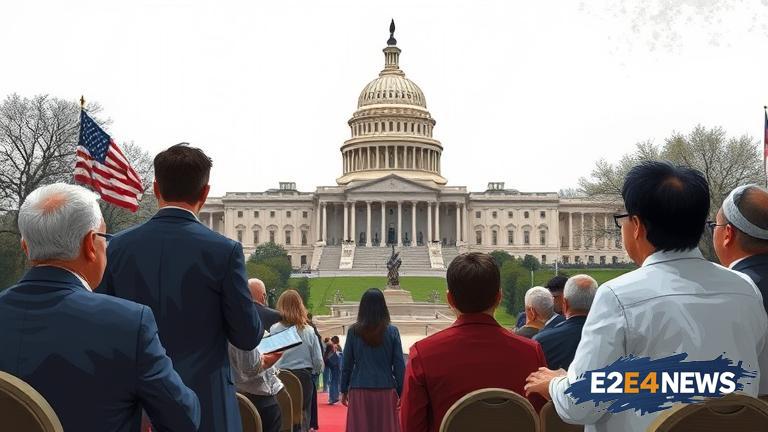In a recent development, the US Congress has approved a significant cut of $9 billion to public broadcasting and foreign aid. This move has been met with widespread criticism and concern from various stakeholders. The cut is part of a larger effort to reduce government spending and allocate funds to other priority areas. The decision has been hailed by some as a necessary step to reduce the national debt and promote fiscal responsibility. However, others have expressed concerns that the cut will have a devastating impact on public broadcasting and foreign aid programs. Public broadcasting has long been a vital source of news, education, and entertainment for millions of Americans. The cut is expected to affect popular programs such as PBS and NPR, which have been staples of American media for decades. Foreign aid programs, on the other hand, have been instrumental in promoting global development, stability, and security. The cut is likely to have far-reaching consequences, including reduced funding for critical programs such as food assistance, healthcare, and disaster relief. The decision has also sparked concerns about the potential impact on US global influence and reputation. Many have argued that the cut will undermine US leadership and credibility on the world stage. Others have expressed concerns that the cut will create a power vacuum, allowing other countries to fill the gap and promote their own interests. The cut has also been criticized for being short-sighted and misguided, as it fails to take into account the long-term benefits of public broadcasting and foreign aid. Despite the controversy, the cut has been approved, and it remains to be seen how it will be implemented and what the ultimate consequences will be. The move has sparked a heated debate about the role of government in funding public broadcasting and foreign aid, with some arguing that it is a vital investment in the country’s future and others seeing it as a wasteful expenditure. As the situation continues to unfold, it is clear that the cut will have significant implications for public broadcasting, foreign aid, and US global influence. The cut is also expected to have a ripple effect, impacting various industries and communities that rely on public broadcasting and foreign aid. Furthermore, the decision has raised questions about the priorities of the US government and the values that it seeks to promote. Ultimately, the cut to public broadcasting and foreign aid is a complex issue that requires careful consideration and nuanced analysis. It is essential to weigh the potential benefits and drawbacks of the cut and to consider the long-term consequences of such a significant reduction in funding.





